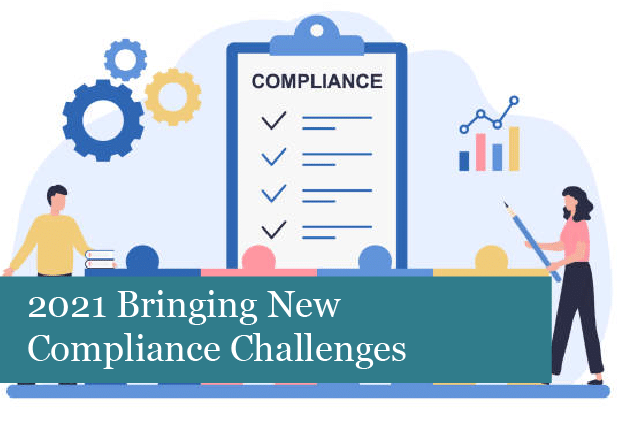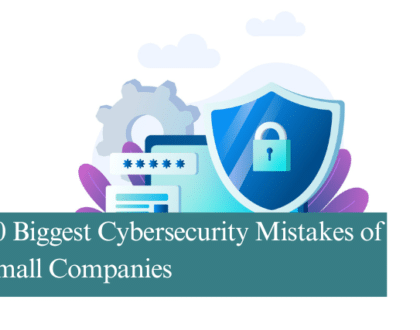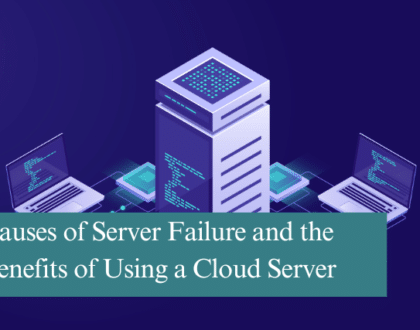
While this year has been extremely challenging for most businesses, 2021 will bring more challenges including some new compliance issues.
The reasons for these challenges are the addition of more regulations, issues caused by Covid-19 and the possibility of a no-deal Brexit. There are four major compliance issues your company will be facing in the coming new year.
New Compliance Issues for 2021
Brexit & Data Transfers
With the UK’s exit from the EU in January 2021, businesses will be forced to consider how they deal with the flow of personal data, as well as track where personal data transfers are taking place. Right now, it’s not a problem. Data can flow freely between the UK, EU and EEA without any issues.
As the UK works to transition out of the EU through 2021, the personal data will continue to flow freely to the EU and EEA. However, at the end of the transition, the UK will be considered a third country. This means that data transfers between the UK and the EEA may be restricted. As a result, businesses will need to make sure they have the proper protocol in place to keep personal data safe.
To accomplish this, business need to begin looking to see where data transfers are taking place, then ensure there are safeguards set up to protect the flow of personal data. This is also the time companies should review their privacy information and documentation, in order to find any changes that need to be incorporated before the end of the transition period.
DSARs
Businesses are also facing increased numbers of DSAR requests with the development of Covid-19. This has led to an increase in the number of to redundancies and employees on furlough. With the increase in DSARs, data protection officers working in government and public organizations have said they are inundated with people requesting information on what data is held on them.
Many businesses have not prepared for this increase in DSARs; however, now is the time to ensure your company has its record processing activities and retention policies defined and in place. This will prepare your organization for another potential increase in DSARs as the pandemic continues.
If your company has to layoff staff due to Covid-19 in the next few months, you may find that some oef those let go may have the goal of causing damage and disruption to the company if they have information about DSAR mishandling that could come to light.
U.S. Personal Data Issues
Recently, the Court of Justice of the European Union (CJEU) ruled that US surveillance laws do not provide enough protection for the personal data of EU citizens. So, this will have an impact on your business if you send personal data to the U.S., or outside the EU.
Now is the time to take a look at how your data is treated by countries outside the EEA, or the U.S. and other countries. Your business must assess when the Privacy Shield is being used, and then identify countries to which data is being shared or transferred, specially if transferring personal data to the U.S.
Number of Data Breaches is Increasing
As businesses have had to quickly set up working remotely due to Covid-19, some companies have put themselves at risk to cybercriminals. This has been due to the need to somewhat relax security parameters in order to make it easier for staff to work from home. However, this has resulted in additional vulnerabilities that can be exploited by cybercriminals.
As a result, there’s been a large increase in the number of data breaches since the start of the pandemic. So, to make sure you’re industry and government compliant, it’s now time to conduct risk assessments and review security policies. It’s important to find those vulnerabilities that could be used by cybercrooks.
Data has shown that it takes about 206 days to identify a data breach. In addition, cybercriminals are active all the time trying to assess new business processes and vulnerabilities. You can’t afford to ignore these security issues. It’s time to take a proactive stance to cybersecurity.
Future Proof Your Data Protection Compliance
There are some steps your business can take now to future-proof compliance with the ongoing evolution of data protection regulations.
Train staff: increase your employees’ awareness of data security issues, and train them on best practices of handling data, as well as good practices to avoid cyberattacks. You may need to have refresher courses through the year to keep the information fresh on the minds of employees.
Prevent human errors: these are the root cause of most data breaches. As a result, conduct a review of how data is handled in the company, and then take appropriate steps to increase security and keep data leaks from happening due to mistakes by those within the company.
Use encryption and key management: part of data security involves preventing unauthorized access. This means encryption is essential. The problem with encryption is who manages the data. This is where it’s necessary to find out who has access to the data and the keys to decrypt data. It takes both encryption and limiting access to that data to improve data security.
Use two-factor authentication: also referred to as 2fa, two-factor authentication makes it more difficult for cybercriminals to access data, even if they have an employee’s password. Required 2fa to access data is necessary to improve your company’s security.
These are some of the steps you can take to improve data security and handling withing the company as we get closer to transitioning out of the EU. Plus, we still have to deal with the pandemic, which makes data security compliance even more important.
Following these guidelines can help improve your company’s overall security; however, if you feel overwhelmed by it all, it may be time to consider hiring an IT management company that can help with your data security issues.
Mansys Security & Compliance Services
If the company needs help with security and compliance issues, then reach out to us today. We can help you stay ahead of the game with data compliance and security. You’ll have the right protection with the number of solutions we can offer.
We can help with network reviews. This means we can conduct an in-depth review of your network and ensure your system is secure. We review user access rights, company policies, and firewall settings. We don’t leave anything to chance.
In addition, we can ensure that your company uses best practices where compliance is concerned. We’ll help you with computer user policies, make sure these are enforced, and more.
Plus, we can also help with user awareness training, anti-virus, and anti-spam software. We have the knowledge and experience to keep your company safe from cyberattacks and disruptions.
Reach out and contact us today—we’re looking forward to talking with you!
Recommended Posts

10 Biggest Cybersecurity Mistakes of Small Companies
18th April 2025

The Importance of Planning in Business IT Solutions
11th April 2025

